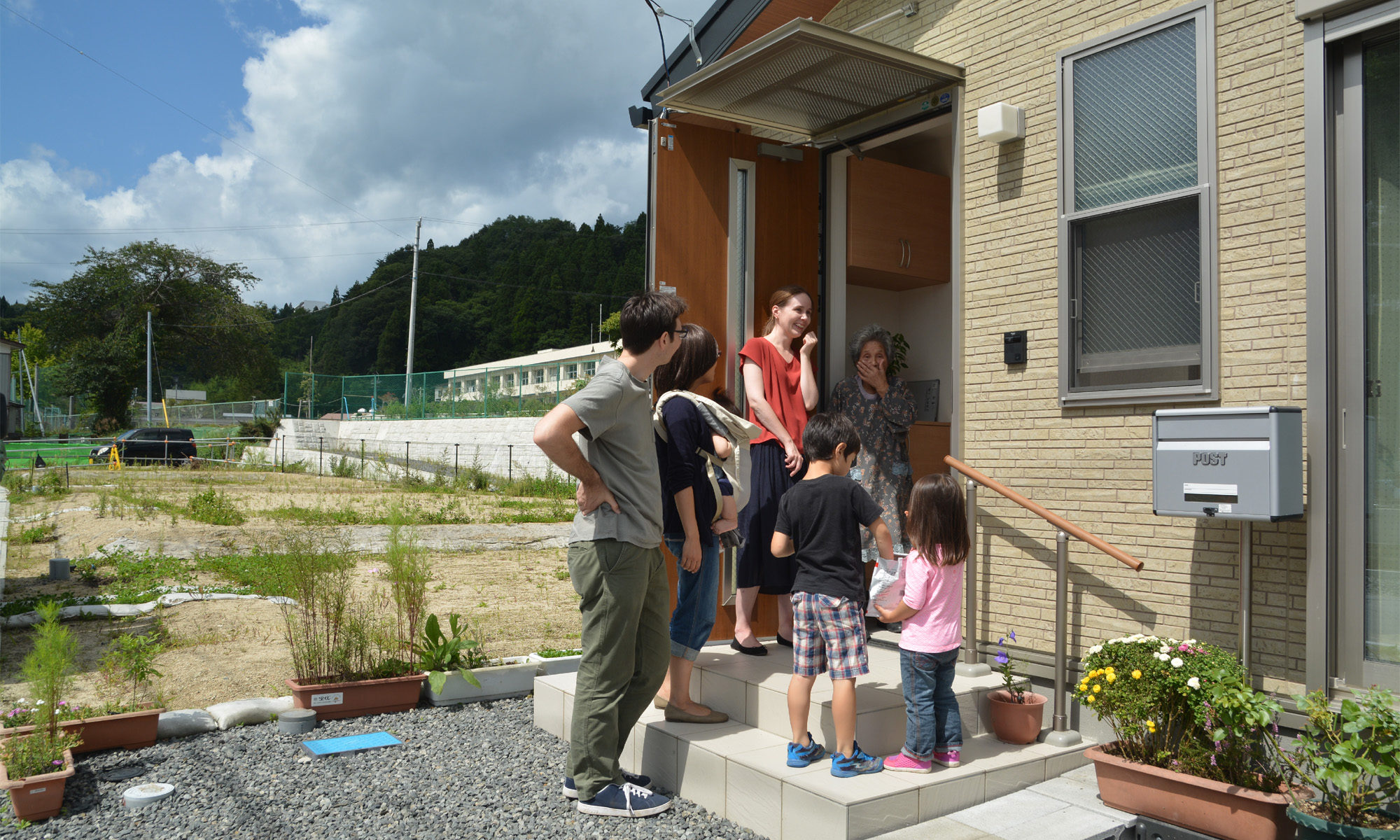How does a Christian community comprising less than half a percent of the population respond to the greatest national disaster in a generation? This past Sunday our church met with members of Morioka Minami Kiristo Kyokai (South Morioka Christian Church) to reflect on the work that has been done in response to the Tsunami two years ago and consider what ways the Church can continue to meet the needs going forward. As new missionaries here it provided a lot of much needed perspective and impressed on us the great need for prayer.
We began with little bit of recent church history in Iwate, beginning in the 1970s when our church was planted by Conservative Baptist missionaries. Over the next 30 years church planting and outreach started, and ended in many cities throughout Iwate. In the end some cities sustained an active church, while in others, due to great difficulty and very little fruit, attempted church plants simply died out. In one such instance, a church plant in Kamaishi closed its doors in 1991 after 16 years of ministry, which proved insufficient to establish a self sustaining church. 20 years later this city was devestated by the Tsunami and suffered a great loss of life. Due to tremendous difficulties, the late 90s and early 2000s saw a decrease in church planting activity, such that in the years prior to the Tsunami there were no missionaries serving anywhere in the prefecture.
The 2011 Tsunami was a wake up call to the body of Christ, when the massive tidal waves swept through an area that was almost totally unreached by the gospel. The first two years of ministry focused on disaster relief and survivor care. The needs were obvious, and the methods of meeting those physical needs was fairly straightforward. However the underlying spiritual needs are proving more challenging. Despite this (or because of this) most large international Christian organizations have begun to again withdraw from the area as the physical needs have been met. After all these are the same cities where church plants have been attempted, and failed in the past. The same cultural and spiritual barriers remain, and there is no clear cut path to reaching them.
Yet the churches here remain committed to meeting these needs, and are prayerfully seeking how they can make a lasting impact on these people and reach them with the hope of a relationship with Christ, a hope of being reconciled with their Creator, and saved from an eternity apart from Him. They are joined by a smaller group of international missionaries that have felt the call of God to come and further the ministry that began with disaster releif, and Lord willing will continue into evangelism, discipleship and church planting.
At a church prayer meeting I was told that our family’s arrival was an answer to prayer. The church has been praying for more workers to come to this specific part of Japan to help meet this specific need. It was the first time I really realized how perfectly God had been planning all of this. For us, and for all of you who have been praying for us and supporting us and sending us, the last four years of preparation have been full of uncertainty, whereby we clung to the hope that God had a plan for us to serve in Japan, but didn’t know when or where. All the while believers here prayed for God to bring more workers, and through you, your prayers and support, God answered their prayers. Surely He has much more in store for Iwate.
